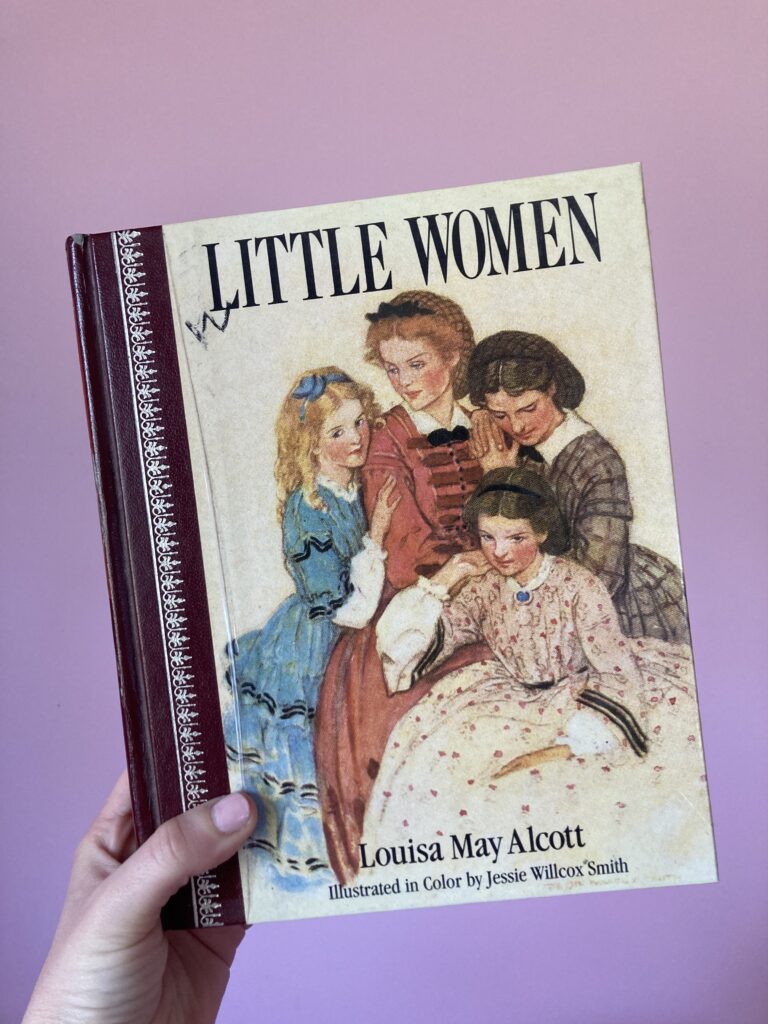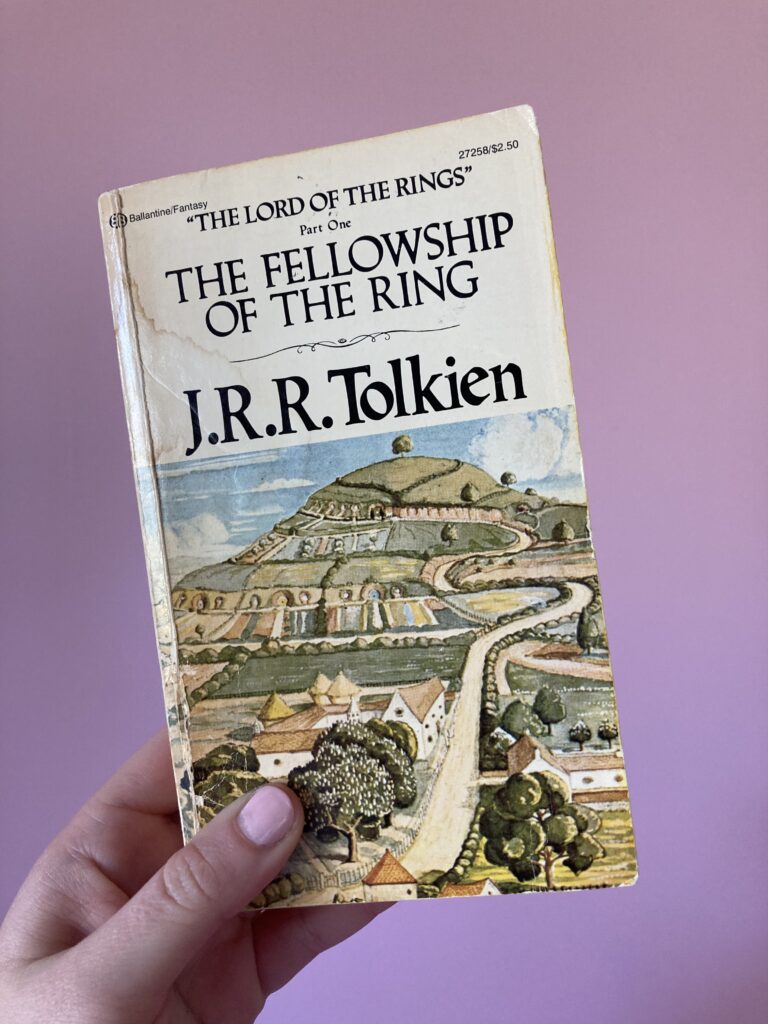A Case for Fiction
Suppose that there was a person violently opposed to fiction. I know. To an avid fiction reader, the thought is enough to make one recoil in horror. However, a few of you are writers, and at the very least, I would hope that your imaginations are present and in working order. Surely you can imagine such a person. Do so, and let’s begin.

If that person who is so opposed to fiction were to speak, imagine that they said, “what is the purpose of fiction? Why not read non-fiction, things that really happened. That is where you will find everything you will need to know.”
I would counter with, but what about the beauty of fiction? There are so many beautiful words written about things that never happened, or places that exist solely in the minds of those who created them or those who read the books telling one about them.
Of course, there is an innate benefit to non-fiction. Learning from those who came before us, and seeing the struggles and lessons, that they learned, so that we also may learn, of course has value.

On the other hand, I will say, there is fiction that need not exist. I am not arguing on behalf of all fiction. The imagination of some writers can be very warped and twisted, and create words and worlds that would have been better off not having been written.
I am simply speaking of the books that have something worth reading within their pages.
Now, that pretend person counters. “Why would you need the beauty of fiction? There is plenty in non-fiction. And, why read about fake people and situations when you can read the truth?”
I won’t argue against that, entirely. But, I will lay out a few words. We can learn even from the struggles of fictional characters. Part of the reason for that is that the authors are so often drawing from their own experiences or from those of others that they know. They pour real life into their writing, and, if they do it well, the characters breathe and live.
Consider one of my favorite books, Little Women by Louisa May Alcott.

I won’t say very much about the outline of that book, however, since I am sure you are familiar with it. The four main characters, Meg, Jo, Beth, and Amy, are largely based upon Louisa May Alcott’s family; and the struggles that they themselves went through. The girls in the novel contend with many trials. Do they feel the less real because the characters themselves did not exist, or does some portion of their story coincide with real life so closely that it rings true to us? I argue for the latter.
Or perhaps, the imaginary naysayer is not speaking of homey, slice of life literature. “What of fantasy?” They say, ” Where is the good of that?”
Consider The Lord of the Rings, then.

I need not explain that plot to you either. I am sure you are familiar. The story is teeming with fantastic creatures: elves, dwarves, hobbits, trees that speak. Nothing that shows up in our daily lives, you’ll understand. And yet, there is still something in those tales that we relate to. The struggle of good against evil, a tale as old as time. The fight against despair, or to preserve a way of life, or the people that we love.
Of course, those things can be found in a non-fiction book. There are many such stories, of brave men and women, who have fought against evil and prevailed. But, what would be the downside of having more of those stories? It surely cannot be said that there is too much goodness in the world.
And so, in conclusion, have we convinced that imaginary person who so loathes fiction? Perhaps. Perhaps not. And as this person, to my immediate knowledge, does not exist, we may never know. I hope, however, that I have given you a few things to think about. Until next time… ~ Emily